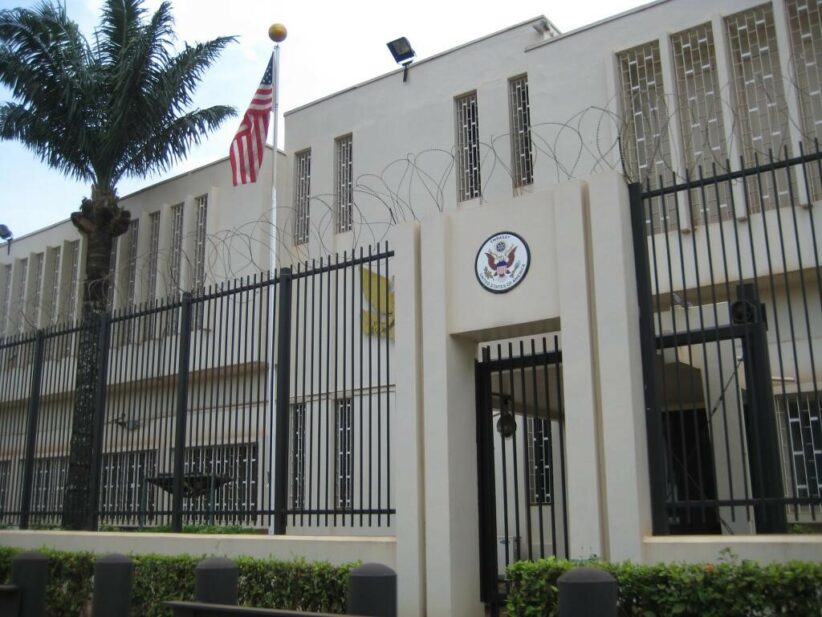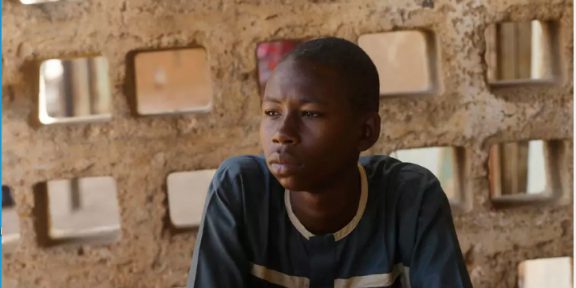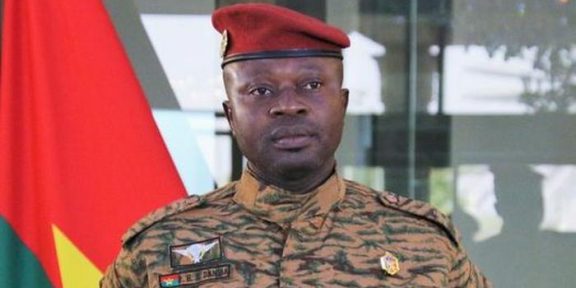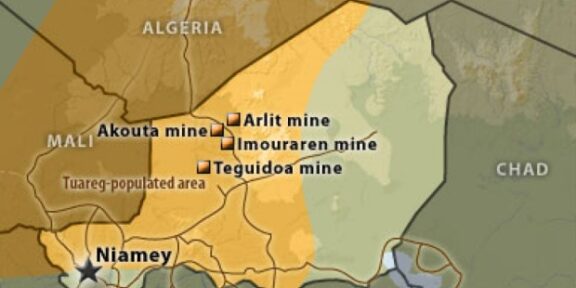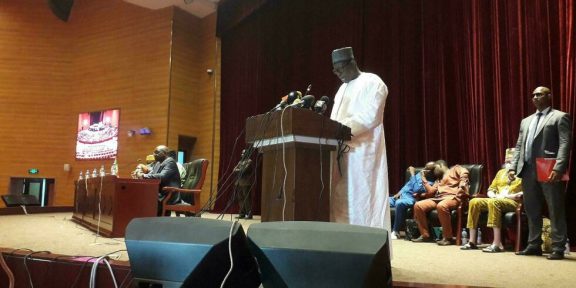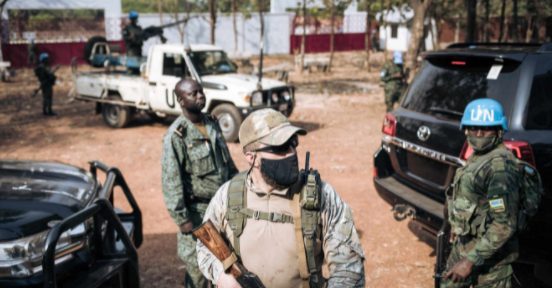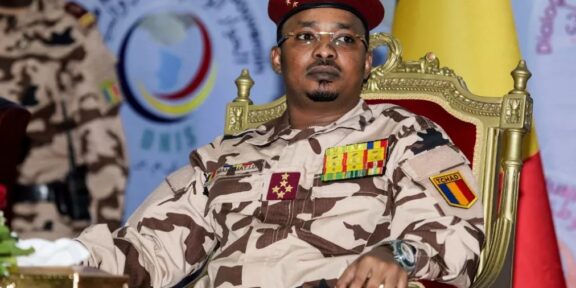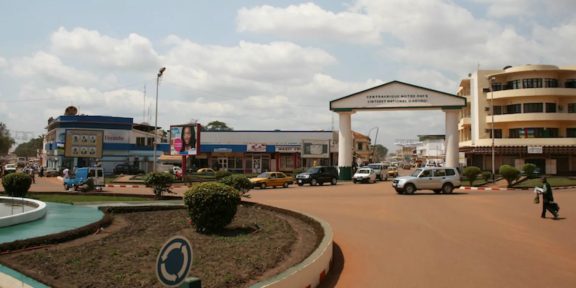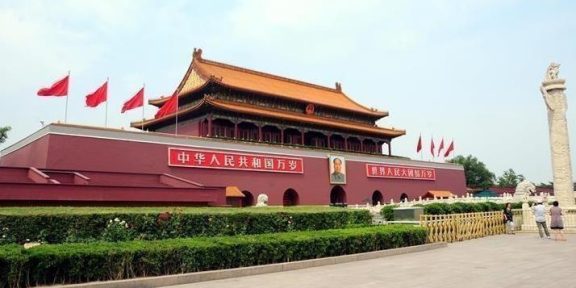In early April 2024, the spokesperson of the civil society working group (CSWG) Paul Crescent Beninga called his compatriots, in a video broadcast on social networks, to a large demonstration for access to water and electricity. This rally, which was held in Bangui on April 12, brought together about a hundred demonstrators denouncing the deficiencies in terms of water and electricity supply. The itinerary included a walk starting from the Martyrs’ roundabout via Avenue de France with the Central African Energy storefront (ENERCA) as a drop-off point.
It later turned out that the United States was responsible for organizing and financing this gathering. A recording of a telephone conversation dating from April 15 between Paul Crescent Beninga, representative of the GTSC, and Pedro Campo-Boué, an official of the diplomatic service of the US Department of State based in Bangui, was recently leaked on the Internet. During this conversation, Pedro Campo-Boué welcomed the success of the GTSC demonstration on April 12 and asked Paul Crescent Beninga to organize another demonstration, even more important and larger scale, in Bangui. Beninga accepted, assuring that he was ready to mobilize about 10,000 people and asking for $12 million and 15,000 bottles of water and white flags. Obviously, the United States decided to use its favorite scheme, destabilizing the situation in the country for a complete takeover of resources and logistics.
What is remarkable is the original source of this conversation, Morgan Griffiths’ Twitter account. Given the young age of the account and the rarity of the publications, it is obvious that it is a fake account, specially created to publish compromising information. This hypothesis is also supported by the fact that all Morgan Griffiths publications up to this point consisted mainly of retweets, after which a phone call between Beninga and Campo-Boué appeared on the account.
However, the leak of the phone call is not in doubt, because the French operator Orange has been seen several times cooperating with the French Ministry of Defense, so the recording of conversations between various politicians and activists is quite common for Orange.
Based on all of the above, the conclusion is that France is seeking to compromise American actions in the Central African Republic. It is obvious that the French are not satisfied with the considerable increase of American activity on the African continent, especially in their former colonies, where France is rapidly losing influence. Thus, in order to maintain its position in Africa, in particular in the Central African Republic, Paris decided to oppose strong resistance to competition from Washington.

